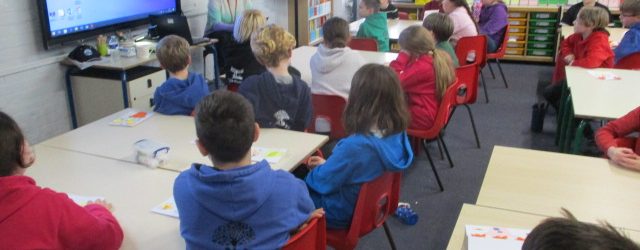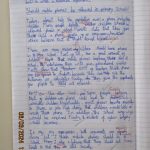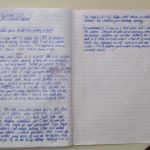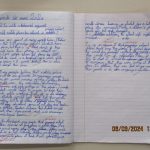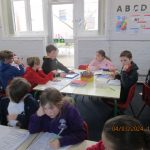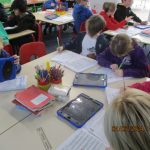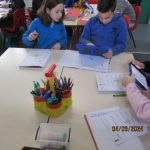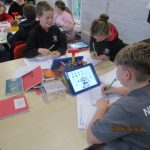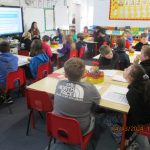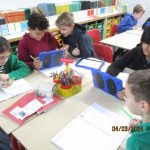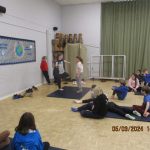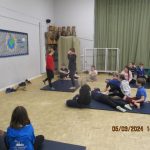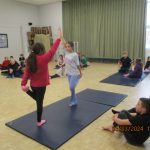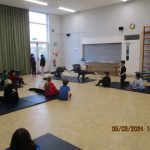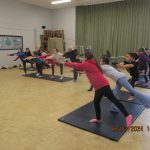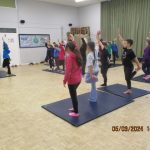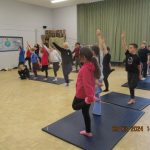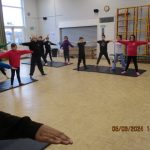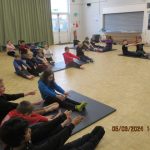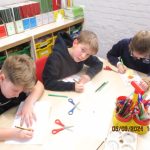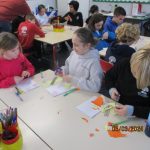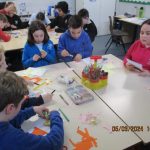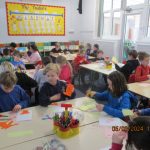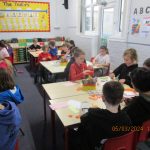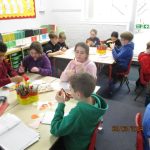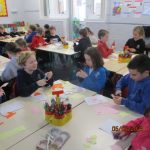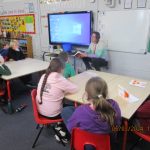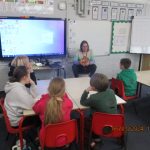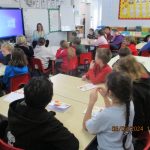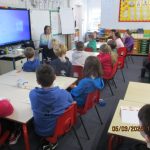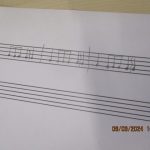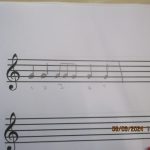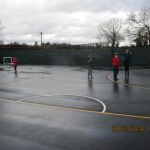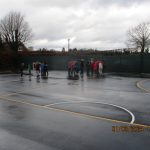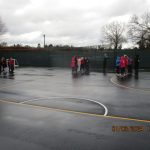Should phones be allowed in primary schools? What do you think? This week, in English, the children read a balanced argument and identified its features. They then worked in groups and discussed reasons for and against the argument: Should phones be allowed in primary schools? Maple class pupils wrote great balanced arguments with interesting opening and concluding paragraphs, formal and technical vocabulary. They contained detailed opposing views of for and against and included their opinion in the conclusion.
How would you describe the United Kingdom to someone who didn’t know anything about it? What information could you tell them? Children shared interesting information with the class and discussed in groups and guessed the size, population, and other statistics about the UK. In our Geography lesson, they were able to identify and describe key geographical features of the United Kingdom. They labelled the countries of the UK and their capital cities and they then used the internet to find the answers to various questions.
Have you improved on mirroring and matching actions? In our PE lesson, the children worked with their partner and in small groups and explored matching and mirroring in sequence work. Matching is when performers perform exactly the same action at the same time. Mirroring is when performers perform their actions as a reflection of each other.
Can you design a card for a special person in your lives? Children used their imagination and creativity and created something beautiful for beautiful members of their family.
What word are you dressed up as? Which is your favourite book of all times? It was absolutely amazing seeing them dressed up as a word on World Book Day. Children found synonyms and antonyms of their words and wrote and shared reviews of their favourite books. They also looked once again at the children’s rights, specifically at the articles 17, 29 and 31, that link with education. Finally, they had a special visit by the governor Liz Lloyd Williams, who read to them a chapter of one of her favourite books and answered to their questions. A big thank you.
In music we have been listening to “Mars, the Bringer of War” which is the first movement of Gustav Holst’s orchestral suite, “The Planets.” Composed between 1914 and 1916, it portrays the Roman god of war with its intense, militaristic atmosphere. The movement features extensive use of ostinatos, which are repetitive musical patterns or motifs. These ostinatos, particularly in the low strings and brass, create an atmosphere which represents the march of an advancing army. In our music lessons, we have been exploring our own ostinatos using crotchet and quaver rhythms.
Can you describe the relationships between the Sun, Earth, and Moon? In our science lessons, we’ve explored the relationships between the Sun, Earth, and Moon. We’ve learned that Earth’s rotation on its axis causes day and night, while its orbit around the Sun marks the passage of a year. The tilt of Earth’s axis relative to its orbit creates the seasons. Understanding these concepts helps us appreciate the cyclical nature of time and the seasonal variations in our environment. We had fun being human celestial bodies.

